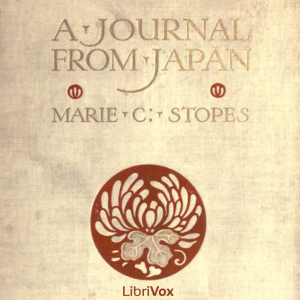有声读物: Journal from Japan
有声读物类型
作者
描述
Marie Stopes was a highly controversial scientist and activist in her era, campaigning for radical new views of love-based marriage, birth control, and women’s rights. As a scientist, she was a renowned palaeobotanist, specializing in issues concerning coal; these scientific pursuits led her to spend several years in Japan, where she went into some of the country's remotest coal mines to study fossils. While there, she pursued a notorious relationship with Japanese botanist Fujii Kenjiro as well as several romantic dalliances with European women in the lively Tokyo diplomatic community. She established the first birth-control clinic in England in 1921, committed to an abortion-free philosophy of family planning. Stopes continues to be an ambiguous figure in historical consideration, her family-planning philosophies verging throughout her life on less-savory views such as eugenics and race purification, though the terminology employed at the time makes it unclear whether or not she was merely advocating more careful, consciously-planned, and responsible parenthood. That she rejected fascist views of eugenics is plain by her anti-Nazi passions in later life. These journal entries from Japan cover the period of August 6, 1907 through January 24, 1909, and show both her incisively scientific observational powers and a profound appreciation of the poignant beauty of Japanese culture and sensibilities, which she saw to be under threat during that era of modernization and industrialization. (Summary by Expatriate)
喜欢您听到的内容吗?与您的朋友和家人分享吧!.
